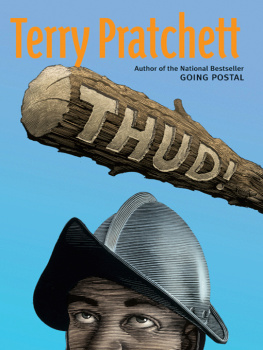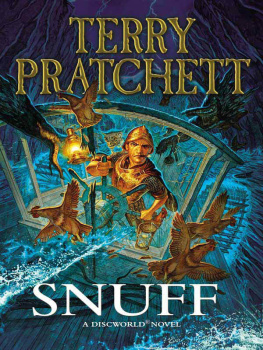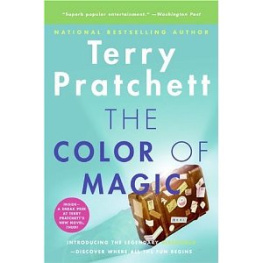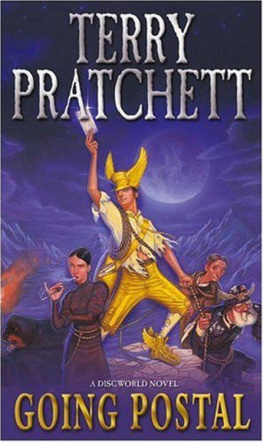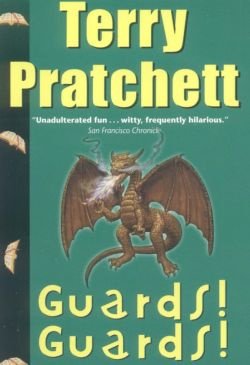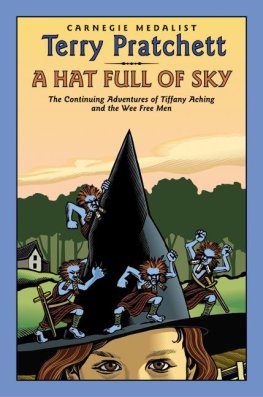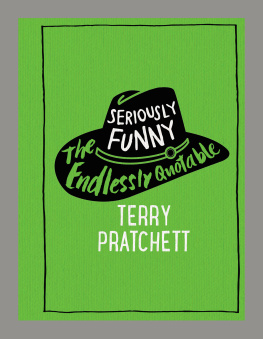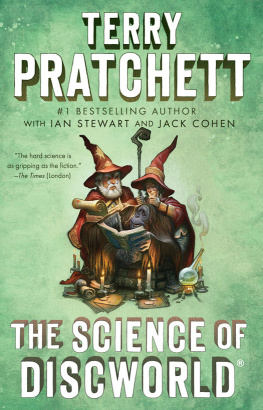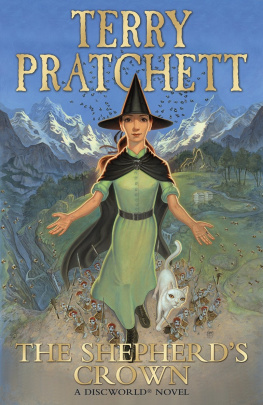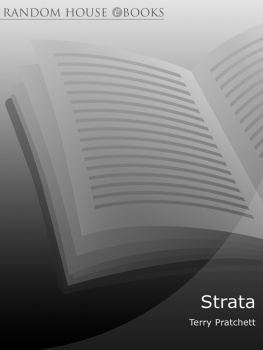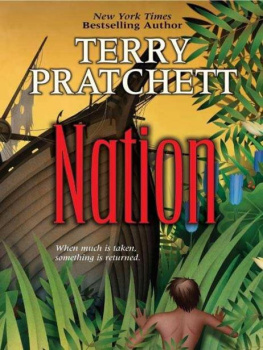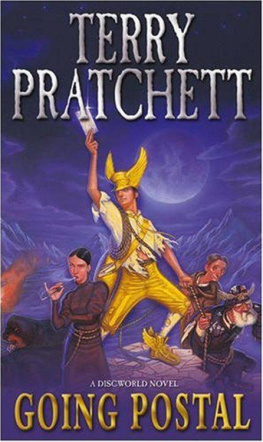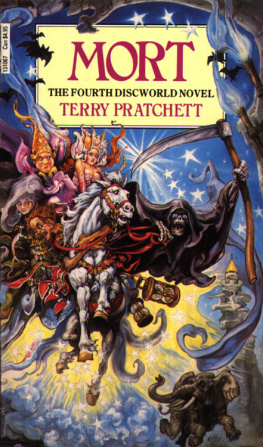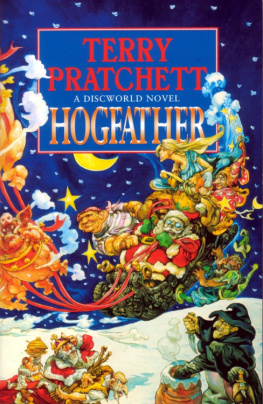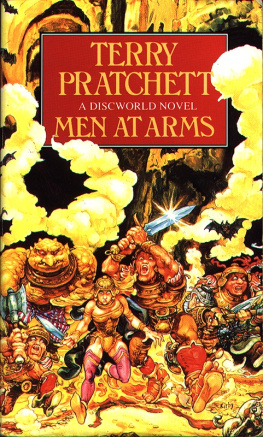Terry Pratchett - The Carpet People
Here you can read online Terry Pratchett - The Carpet People full text of the book (entire story) in english for free. Download pdf and epub, get meaning, cover and reviews about this ebook. genre: Science fiction. Description of the work, (preface) as well as reviews are available. Best literature library LitArk.com created for fans of good reading and offers a wide selection of genres:
Romance novel
Science fiction
Adventure
Detective
Science
History
Home and family
Prose
Art
Politics
Computer
Non-fiction
Religion
Business
Children
Humor
Choose a favorite category and find really read worthwhile books. Enjoy immersion in the world of imagination, feel the emotions of the characters or learn something new for yourself, make an fascinating discovery.

- Book:The Carpet People
- Author:
- Genre:
- Rating:3 / 5
- Favourites:Add to favourites
- Your mark:
- 60
- 1
- 2
- 3
- 4
- 5
The Carpet People: summary, description and annotation
We offer to read an annotation, description, summary or preface (depends on what the author of the book "The Carpet People" wrote himself). If you haven't found the necessary information about the book — write in the comments, we will try to find it.
The Carpet People — read online for free the complete book (whole text) full work
Below is the text of the book, divided by pages. System saving the place of the last page read, allows you to conveniently read the book "The Carpet People" online for free, without having to search again every time where you left off. Put a bookmark, and you can go to the page where you finished reading at any time.
Font size:
Interval:
Bookmark:
Terry Pratchett
The Carpet People
To Lyn, for then and now.
AUTHOR'S NOTE
This book had two authors, and they were both the same person.
The Carpet People was published in 1971. It had a lot of things wrong with it, mostly to do with being written by someone who was seventeen at the time.
And it sold a bit, and eventually it sold out. And that was it.
And then about seven years ago the Discworld books began to sell, and people would buy them and say, "Here, what's this book The Carpet People by The Same Author?" and the publishers got so fed up with telling people that there was no demand for it that they decided it was time for a new edition.
Which was read by Terry Pratchett, aged forty-three, who said: hang on. I wrote that in the days when I thought fantasy was all battles and kings. Now I'm inclined to think that the real concerns of fantasy ought to be about not having battles, and doing without kings. I'll just rewrite it here and there ...
Well, you know how it is when you tweak a thread that's hanging loose ...
So this is it. It's not exactly the book I wrote then. It's not exactly the book I'd write now. It's a joint effort but, heh heh, I don't have to give him half the royalties. He'd only waste them.
You asked for it. Here it is. Thanks. Incidentally, the size of the city of Ware is approximately?.
-Terry Pratchett
15 September 1991
PROLOGUE
They called themselves the Munrungs. It meant The People, or The True Human Beings.
It's what most people call themselves, to begin with. And then one day the tribe meets some other people, and gives them a name like The Other People or, if it's not been a good day, The Enemy. If only they'd think up a name like Some More True Human Beings, it'd save a lot of trouble later on.
Not that the Munrungs were in any way primitive. Pismire said they had a rich native cultural inheritance. He meant stories.
Pismire knew all the old stories and many new ones and used to tell them while the whole tribe listened, enthralled, and the nighttime fires crumbled to ashes.
Sometimes it seemed that even the mighty hairs that grew outside the village stockade listened, too. They seemed to crowd in closer.
The oldest story was the shortest. He did not tell it often, but the tribe knew it by heart. It was a story told in many languages, all over the Carpet.
"In the beginning," said Pismire, "there was nothing but endless flatness. Then came the Carpet, which covered the flatness. It was young in those days. There was no dust among the hairs. They were slim and straight, not bent and crusty like they are today. And the Carpet was empty."
"Then came the dust, which fell upon the Carpet, drifting among the hairs, taking root in the deep shadows. More came, tumbling slowly and with silence among the waiting hairs, until the dust was thick in the Carpet."
"From the dust the Carpet wove us all. First came the little crawling creatures that make their dwellings in burrows and high in the hairs. Then came the soraths, and the weft borers, tromps, goats, gromepipers and the snargs."
"Now the Carpet had life and noise. Yes, and death and silence. But there was a thread missing from the weave on the loom of life."
"The Carpet was full of life, but it did not know it was alive. It could be, but it could not think. It did not even know what it was."
"And so from the dust came us, the Carpet People. We gave the Carpet its name, and named the creatures, and the weaving was complete. We were the first to give the Carpet a name. Now it knew about itself."
"Though Fray, who hates life in the Carpet, may tread upon us, though shadows grow over us, we are the soul of the Carpet, and that is a mighty thing. We are the fruit of the loom."
"Of course, this is all metaphorical but I think it's important, don't you?""
CHAPTER 1
It was the Law that, every tenth year, the people of all the tribes in the Dumii Empire should come and be Counted.
They did not go all the way to the great capital city of Ware, but to the little walled town of Tregon Marus.
The Counting was always a great occasion. Tregon Marus would double in size and importance overnight as tribal tents were pitched outside its walls. There was a horse market, and a five-day fair, old friends to be met, and a flood of news to be exchanged.
And there was the Counting itself. New names were added to the crackling scrolls which, the people like to believe, were taken to Ware, even to the Great Palace of the Emperor himself. The Dumii clerks laboriously wrote down how many pigs and goats and tromps everybody had, and one by one the people shuffled on to the next table and paid their taxes in furs and skins. That was the unpopular part. So the queue wound round Tregon Marus, in at the East Gate, through the postern and stables, across the market square, and through the countinghouse. Even the youngest babies were carried past the clerks, for the quill pens to wobble and scratch their names on the parchment. Many a tribesman got a funny name because a clerk didn't know how to spell, and there's more of that sort of thing in History than you might expect.
On the fifth day the Governor of the town called all the tribal chieftains to an audience in the market square, to hear their grievances. He didn't always do anything about them, but at least they got heard, and he nodded a lot, and everyone felt better about it at least until they got home. This is politics.
That was how it had always happened, time out of mind.
And on the sixth day the people went back to their homes, along the roads the Dumii had built. They went east. Behind them the road went west, until it came to the city of Ware. There it was just one of the many roads that entered the city. Beyond Ware it became the West Road, becoming narrower and more winding until it reached the furthermost western outpost of Rug.
Such was the Dumii Empire. It covered almost all of the Carpet from the Woodwall to the wasteland near Varnisholme in the north.
In the west it bordered Wildland and the uttermost fringes of the Carpet, and southwards the roads ran as far as the Hearthlands. The painted people of the Wainscot, the warlike Hibbolgs, even the fire-worshippers of Rug, all paid their tribute to the Emperor.
Some of them didn't like the Dumii much, usually because the Empire discouraged the small wars and cattle raids which, in the outlying regions, were by way of being a recreational activity. The Empire liked peace. It meant that people had enough time to earn money to pay their taxes. On the whole, peace seemed to work.
So the Munrung tribe went east, and passed out of the chronicles of the Empire for another ten years. Sometimes they quarrelled among themselves, but on the whole they lived peacefully and avoided having much to do with history, which tends to get people killed.
Then, one year, no more was heard from Tregon Marus ...
Old Grimm Orkson, chieftain of the Munrungs, had two sons. The eldest, Glurk, succeeded his father as chieftain when old Orkson died.
To the Munrung way of thinking, which was a slow and deliberate way, there couldn't have been a better choice. He looked just like a second edition of his father, from his broad shoulders to his great thick neck, the battering centre of his strength. Glurk could throw a spear further than anyone. He could wrestle with a snarg, and wore a necklace of their long yellow teeth to prove it. He could lift a horse with one hand, run all day without tiring, and creep up so close to a grazing animal that sometimes they'd die of shock before he had time to raise his spear. Admittedly he moved his lips when he was thinking, and the thoughts could be seen bumping against one another like dumplings in a stew, but he was not stupid. Not what you'd call stupid. His brain got there in the end. It just went the long way around.
Font size:
Interval:
Bookmark:
Similar books «The Carpet People»
Look at similar books to The Carpet People. We have selected literature similar in name and meaning in the hope of providing readers with more options to find new, interesting, not yet read works.
Discussion, reviews of the book The Carpet People and just readers' own opinions. Leave your comments, write what you think about the work, its meaning or the main characters. Specify what exactly you liked and what you didn't like, and why you think so.

